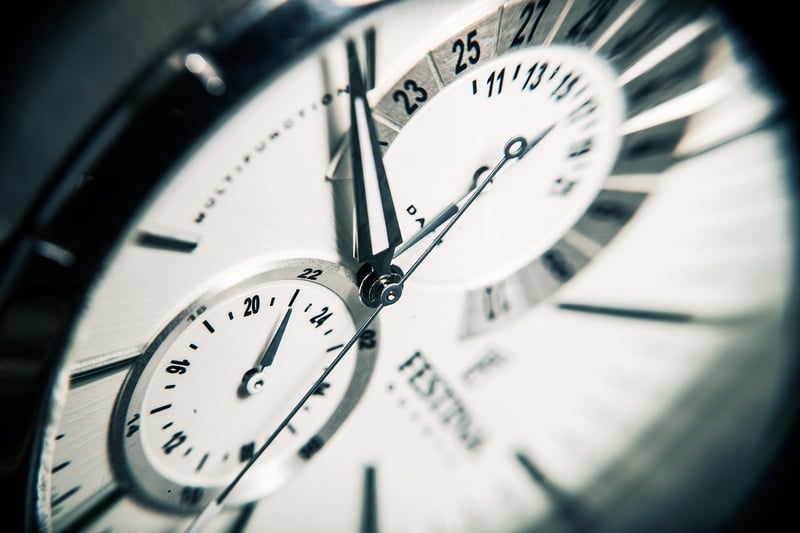Grandfather Paradox
Avoiding Disruptions in Time Travel: The Grandfather Paradox

Time travel has long captured the imagination of humans, but with it comes the potential for causing disruptions in the fabric of time itself. One of the most famous paradoxes associated with time travel is the Grandfather Paradox, which raises intriguing questions about the consequences of altering the past.
The Grandfather Paradox Explained
The Grandfather Paradox poses a scenario where a time traveler goes back in time and prevents their grandfather from meeting their grandmother, thus preventing their own birth. This leads to a logical contradiction - if the time traveler was never born, how could they go back in time to prevent their own birth in the first place?
Avoiding Disruptions in Time Travel
To avoid such disruptions in the timeline, various theories have been proposed:
- Novikov Self-Consistency Principle: This theory suggests that any actions taken by a time traveler in the past would be self-consistent and would ultimately lead to the same timeline, avoiding paradoxes.
- Parallel Universes: Another theory posits that when a time traveler alters the past, it creates a new branch in the timeline, leading to the existence of parallel universes.
- Fixed Timeline Theory: In this theory, all events are predestined, and any actions taken by a time traveler in the past were already part of the original timeline.
Conclusion
While the Grandfather Paradox and other time travel conundrums continue to fascinate scientists and science fiction enthusiasts alike, the quest to understand the nature of time and its potential manipulation remains ongoing. Whether time travel will ever become a reality or if it will forever remain a product of our imaginations, one thing is certain - the mysteries of time will continue to capture our curiosity for generations to come.
Image Source: Pixabay
